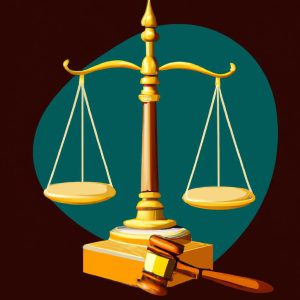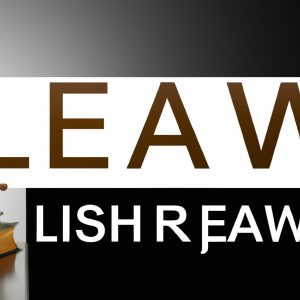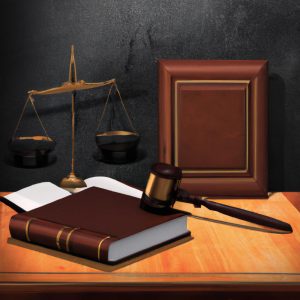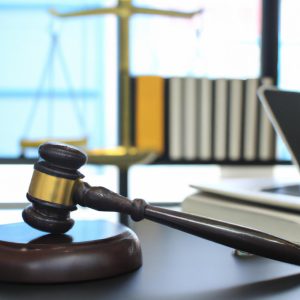Elder Abuse and Attorney Help in New York
Your Guide to Recognizing, Reporting, and Addressing Elder Abuse with Legal Support
Introduction
Elder abuse is a distressing and all-too-common issue that affects vulnerable seniors in our society. It takes various forms, including physical, emotional, financial, and neglectful abuse. Recognizing the signs of elder abuse and taking appropriate action is crucial in ensuring the safety and well-being of our elderly loved ones.
Understanding Elder Abuse
Elder abuse refers to intentional or negligent acts by a caregiver or trusted individual that cause harm or risk to an older person. This can occur in various settings, including nursing homes, assisted living facilities, or even within families. Let’s explore the different types of elder abuse:
1. Physical Abuse
Physical abuse involves the use of force that causes bodily harm, pain, or impairment. Signs of physical abuse may include unexplained bruises, cuts, fractures, or restraint marks.
2. Emotional or Psychological Abuse
Emotional abuse encompasses behaviors that harm an older person’s emotional well-being. This can include threats, insults, humiliation, or isolation, leading to anxiety, depression, or withdrawal.
3. Financial Exploitation
Financial exploitation occurs when someone misuses or steals an elder’s money or assets. This can involve fraud, theft, coerced property transfers, or unauthorized use of credit cards or bank accounts.
4. Neglect
Neglect is the failure to provide adequate care and support, including food, shelter, medical attention, or assistance with daily activities. It can result from intentional actions or negligence by caregivers.
5. Sexual Abuse
Sexual abuse involves any non-consensual sexual activity with an elderly person. It is a grave violation of their rights and dignity.
Recognizing Elder Abuse
Identifying elder abuse can be challenging, as victims may be reluctant to report it due to fear, shame, or cognitive impairment. Here are some common signs to watch for:
1. Unexplained Injuries
Physical abuse may leave visible signs such as bruises, burns, or fractures that cannot be explained satisfactorily.
2. Emotional Changes
Emotional abuse can lead to significant shifts in behavior, including depression, anxiety, withdrawal, or a sudden change in alertness.
3. Financial Discrepancies
Unexplained financial transactions, missing money or valuables, or sudden changes in an elder’s financial situation may indicate financial exploitation.
4. Poor Hygiene or Neglect
Physical neglect may result in poor personal hygiene, untreated medical conditions, bedsores, or malnutrition.
5. Fear or Tension Around Caregivers
If an elder appears fearful, anxious, or avoids contact with a specific caregiver, it could be a sign of abuse.
Reporting Elder Abuse
If you suspect or witness elder abuse, it’s essential to take action:
1. Contact Authorities
Report the abuse to your local Adult Protective Services (APS) agency or law enforcement. They can conduct investigations and intervene as necessary.
2. Seek Legal Assistance
An attorney specializing in elder law can provide valuable support in cases of elder abuse. They can help you understand your legal options, including pursuing civil litigation or obtaining restraining orders.
3. Support the Victim
Offer emotional support to the victim. Ensure their immediate safety and help them access medical care if needed.
4. Prevent Further Abuse
Take steps to protect the elder from further harm. This may involve changing caregivers, seeking a restraining order, or arranging for alternative housing.
Legal Remedies for Elder Abuse
Individuals who commit elder abuse can be held legally accountable. Legal remedies may include:
1. Civil Lawsuits
Families or victims can pursue civil lawsuits against perpetrators of elder abuse, seeking compensation for damages.
2. Criminal Charges
If abuse involves criminal conduct, such as assault, theft, or fraud, criminal charges may be filed against the abuser.
3. Restraining Orders
Courts can issue restraining orders to prevent abusers from having contact with their victims.
4. Asset Recovery
Legal action can be taken to recover assets that were misappropriated or stolen from the elderly person.
Why You Need an Elder Abuse Attorney
Dealing with elder abuse cases can be legally complex. An experienced elder abuse attorney can provide the following assistance:
1. Legal Expertise
Attorneys are knowledgeable about relevant elder abuse laws and can help you navigate the legal system.
2. Investigation
Attorneys can conduct thorough investigations to gather evidence and build a strong case against the abuser.
3. Advocacy
Your attorney will advocate for the rights of the elderly person and work to ensure their safety and well-being.
4. Compensation
If you pursue a civil lawsuit, your attorney will work to secure compensation for the victim’s suffering and financial losses.
Contact Morgan Legal Group P.C.
If you suspect elder abuse or need legal assistance in elder abuse cases in New York, contact Morgan Legal Group P.C. Our experienced elder abuse attorneys are committed to protecting the rights and well-being of elderly individuals.
Don’t hesitate to reach out for a consultation to discuss your case and explore your legal options.





